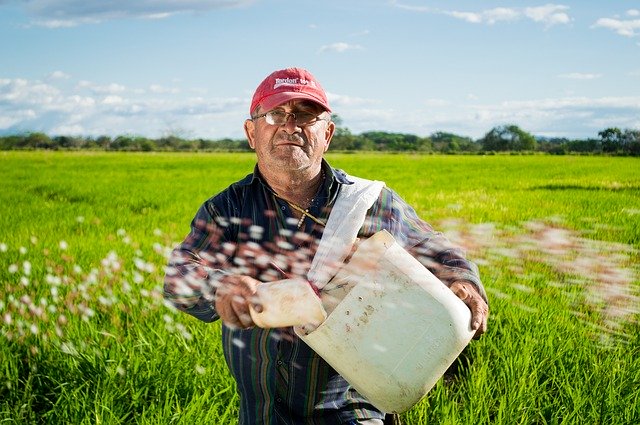There is something quite rewarding about cultivating the land or raising animals from newborn into old age. When your little suburban garden bed isn’t quite enough for you anymore, it may be time for you to level up into farming.  Farming as a hobby can be a great way to relieve the stress of your day job or to give your retirement a purpose.
Farming as a hobby can be a great way to relieve the stress of your day job or to give your retirement a purpose.
What Is a Hobby Farm?
The primary difference between hobby-driven farm land in Ontario and a small business farm or homestead is that you’re not working for a profit or survival. Beyond that distinction, a hobby farm can be whatever you want it to be.
RELATED: How to Find A Side Hustle
Perhaps you want to cultivate a great garden and open a roadside flower stand on the weekends. Competitive types may try and grow the best heirloom tomatoes or raise alpacas for the softest homespun yarn. The possibilities are endless, and this is your chance to follow your own heart.
RELATED: 7 Amazing Ways You Can Benefit From Gardening
How Do I Get Started?
The first step is to make a plan. Here are some things you will want to consider:
- Goals: Do you want to sell your goods or enter the county fair? Is your goal the Zen experience or providing fresh food for the needy?
- Crops and herds: What can you grow or raise that will best help you reach your goal? Is there something specific that you have always wanted to cultivate?
- Land: Are there local farms for sale that suit your needs? Would you consider relocating to pursue your dream?
Start with a plan for the first year, and make sure you do enough research to fill all of your knowledge gaps.
What Kind of Research Should I Do?
First of all, you need to know the basics of how to keep your crops and animals alive and healthy. Farming requires a significant time commitment, often including early hours. Make sure you assess how much time you need and how it will fit in your existing schedule.
RELATED: 11 Ways to Use Your Calendar That Are Proven To Boost Productivity
Research startup and maintenance costs and build a budget around your one-year plan. As you start looking at properties, make sure the environments are suitable for your intents. Seek out the local farming community; the pool of knowledge and the experience of others will likely teach you more than any book or website.
Keep in mind that no matter how much preparation you do, there is no substitute for practical experience, so jump on in and get your hands dirty. Hobby farming can be hard work, but time and effort are what make it worthwhile.